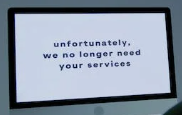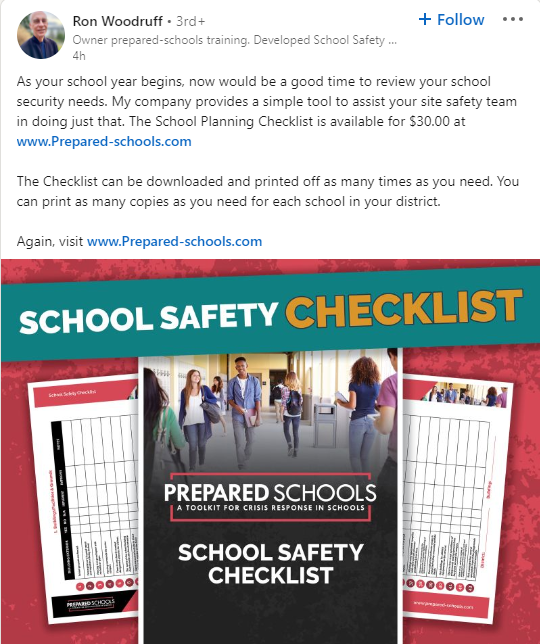Extra Credit is a weekly column serving up a fresh helping of news, updates and resources from the education world. Want more? Sign up now for SmartBrief’s free education newsletters.

Ready to be ticked off? This New York Times op-ed about how school is a waste of time is a lightning rod of a read; I’m surprised my eyeballs didn’t burst into flames. Economics professor Bryan Caplan offers some interesting food for thought. (My favorite part: “If you know half the letters in the alphabet, we don’t call you ‘half literate.’ We correctly call you illiterate.”) Ultimately, though, I agree with several of the folks in the comments section: School is where we learn how to learn, how to think critically and how much we don’t know — which, when used well, makes us better, more capable human beings and citizens.
An equally charged, yet quite different, view on education. Former Florida data scientist and FBI-raided whistleblower Rebekah Jones is running for office, and her son, who has autism, has been educated in the state. Just a few lines from this lengthy interview with her: “Teachers are disrespected, we don’t pay them and, within the classrooms, students have exactly zero rights. I want to change that. School should be a place where kids feel safe, where they’re not hungry, where they’re encouraged to challenge themselves to think differently than those around them, to think differently from their teachers, differently from their parents, to explore.”
School safety: More emphasis needed on “human dimension.” Schools without “strong youth-adult relationships” aren’t as likely to get reports of safety-related threats or concerns before problems happen, according to a new RAND report. Building trust with students is vital, says Dan Domenech, executive director of AASA, the School Superintendents Association. So is having anonymous reporting systems that use student-friendly tech and are clear about how tips are used.
Missouri district brings back the paddle. Twenty years after the Cassville R-IV School District in Missouri eliminated corporal punishment with a paddle, the school board has voted to bring it back. Parents must opt in to allow it. “[D]eference to local control and parental preference has long prevented the U.S. government from joining 135 other countries in prohibiting corporal punishment in schools. In fact, more than 60 countries go even further, prohibiting corporal punishment in the home,” Tara García Mathewson writes.
Additional interesting education takes
- Gallup marks decline in K-12 satisfaction. (The Hill)
- College seniors use the science of learning to reinvent online education. (Government Technology)
- 2-year college students with some online courses are more likely to complete credentials. (Inside Higher Ed)
- Can elementary-school community service encourage the Golden Rule? (Edutopia)
- Amazing STEM achievers under 16? Plenty to celebrate! (Apologies for missing this story a month ago.) (The 74)
- Computer science education gets a $20M boost from Google. (The Verge)
This week’s social media snippet

Diane Benson Harrington is an education writer at SmartBrief. Reach out to her via email, Twitter or LinkedIn.
